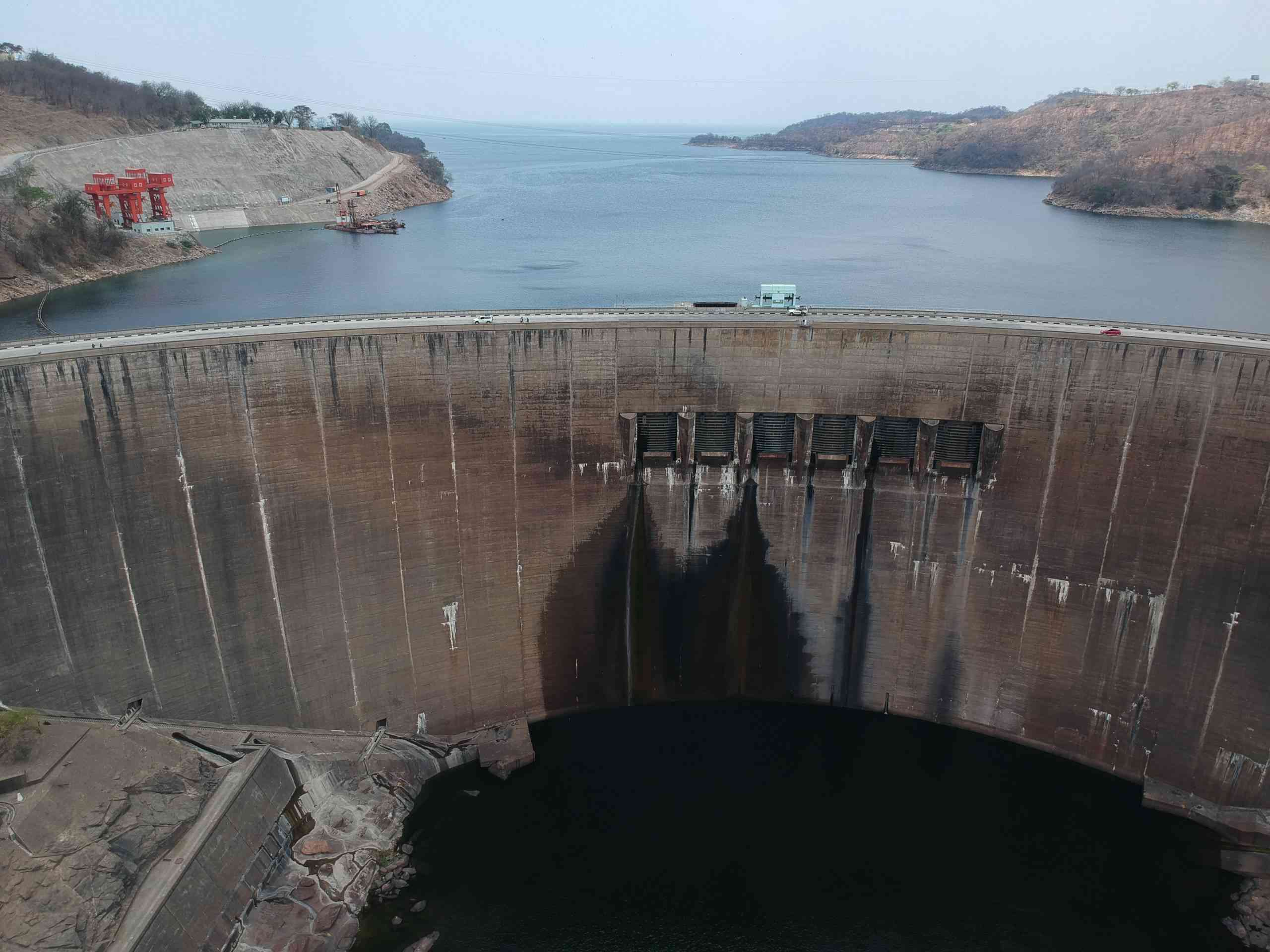
The Consignment Based Conformity Assessment programme (CBCA) promulgated to curb the proliferation of counterfeit products into the country clocks two years next month, with experts advocating business to self-regulate.
BY FIDELITY MHLANGA
CBCA was implemented under Statutory Instrument No 132 of 2015 gazetted on December 18, 2015 by the Ministry of Industry of Industry and Enterprise Development.
The programme entered into full implementation stage on March 2016.
French-based Bureau Veritas Inspection Valuation Assessment Control Private Limited (BV) was given a mandate to do shipment inspection, verification of documentation, sample testing and risk assessment of goods in the country of origin.
The primary objective of the programme is to make sure that only quality compliant goods are imported into Zimbabwe by conducting inspection, testing and certification of selected products in the country of export thereby preventing sub-standard and counterfeited products from entering the Zimbabwe market.
CBCA has been blamed for delays and increased costs of doing business.
Zimbabwe National Chamber of Commerce president, Divine Ndhlukula, said while CBCA was a noble programme, there were pressing challenges that need to be dealt with ranging from serious delays stemming from lack of capacity, payment of fees in forex and uneven playing field.
- Chamisa under fire over US$120K donation
- Mavhunga puts DeMbare into Chibuku quarterfinals
- Pension funds bet on Cabora Bassa oilfields
- Councils defy govt fire tender directive
Keep Reading
“It is important for the economy to do it. We want it to continue but there have been challenges with BV and some of the issues have been given to the ministry to attend to it,” she said.
“Maybe a few of them, the common issue is the issue of capacity which is taking a huge toll. There have been many delays and I mean serious delays and the industry think they don’t have the capacity to deal with the huge import bill.”
Ndhlukula said there had been calls to bring in a new player to deal with the huge capacity.
“Another issue that has been brought to the attention of the minister is the payment of fees in forex. Everybody knows that we are constrained in terms of forex, They have an office here in Harare why not paying with local currency, so these issues has been brought to the attention of the minister ” she said.
Ndhlukula said the Chinese have been circumventing inspection as they “go to the powers that be”.
These have been the complaints from businesses that the playing field was not level.”
Economist, John Robertson is of the view that industry self-regulation could have benefitted the country than accumulating an added cost through engaging a third party.
“I think buyers of goods must regulate their products. I think this is an additional cost to consumers. The government should have relied on business sector to monitor the quality of goods coming into the country than trying to do it with an additional cost. Individual business should have been left to monitor goods they import. Importers who bring inferior goods would have exposed themselves to competition. The interference generated an added cost and this has not been a good idea and must be abandoned,” he said.
This scheme was enforced as a trade facilitation programme enabling a more efficient “Ease of Doing Business”.
According to the instrument, the programme does not apply to goods valued below $1 000.
Products under the programme are fertilisers, biscuits, confectionary, beverages, snacks, cement, Portland cement, pipes, plumbing accessories, sanitary ware, ceramic tiles, steel bars for reinforcement of concrete, door frames, paraffin stoves and heaters, gas containers candles and lubricants among others.
Analysts say smuggling of commodities has been rampant despite having regulating policies in place.
“It’s difficult to judge, I think there has been rampant smuggling into the country issue of smuggling has been high. I know the issue of smuggling is a problem in this country. We may have these policies in place but smuggling is happening through our porous border posts,” said economist Prosper Chitambara.
According to a report from BV more than 1800 importers had their imports verified with 305 million products (units) tested through the programme before being imported into Zimbabwe by end of last year.
A total of 20 million products (units) were rejected last year.
The CBCA has also been accused of increasing the cost of doing business, according to economist Clemence Machadu.
“In terms of succeeding in ensuring the quality, safety and health of products coming into the country, I would say the company did its best. But it should be remembered that just about 40 products were being monitored under the CBCA programme and Zimbabwe imports thousands of different types of products,” he said.
“I would say the CBCA programme was somehow an albatross to the ease of doing business as it placed the duty to ensure that goods are liable for assessment on the importer.”
Machadu said the fees were supposed to be borne by the importer, which increased the cost of importation.
BV is of the view that in order for Zimbabwe to open more exporting opportunities, it should import international standard raw materials which in turn would be used to produce quality products for export.
BV in its report shot down the delaying blame, saying the inability of suppliers to demonstrate compliance to the standards that may be misconstrued as “delays”.
“The CBCA regulation rewards compliance. The most compliant exporters can have the process concluded in 48 hours and this is currently happening,” it said, adding that they face different profiles of suppliers from manufacturers, authorised dealers, traders and buying agents.
“Some of the suppliers have no objective conformity evidences to prove the compliance of their products to standards enshrined under the CBCA programme. It is the inability of such suppliers to demonstrate compliance to the standards that may be misconstrued as “delays”. Several importers have taken advantage of the CBCA regulation to move from suppliers of non-compliant substandard products to those that conform.”
CBCA said Zimbabwe enjoys one of the lowest fees in relation to that paid by exporters relative to other countries in the region
“The fee paid by the supplier in relation to the CBCA regulation is structured in a manner that has a minimal impact on the price of the goods with compliant licensed suppliers paying even as low as 0,25% of the FOB value of the goods.. Such low fees were adopted taking into account the state of local industry which is at recovery stage,” reads the report.











